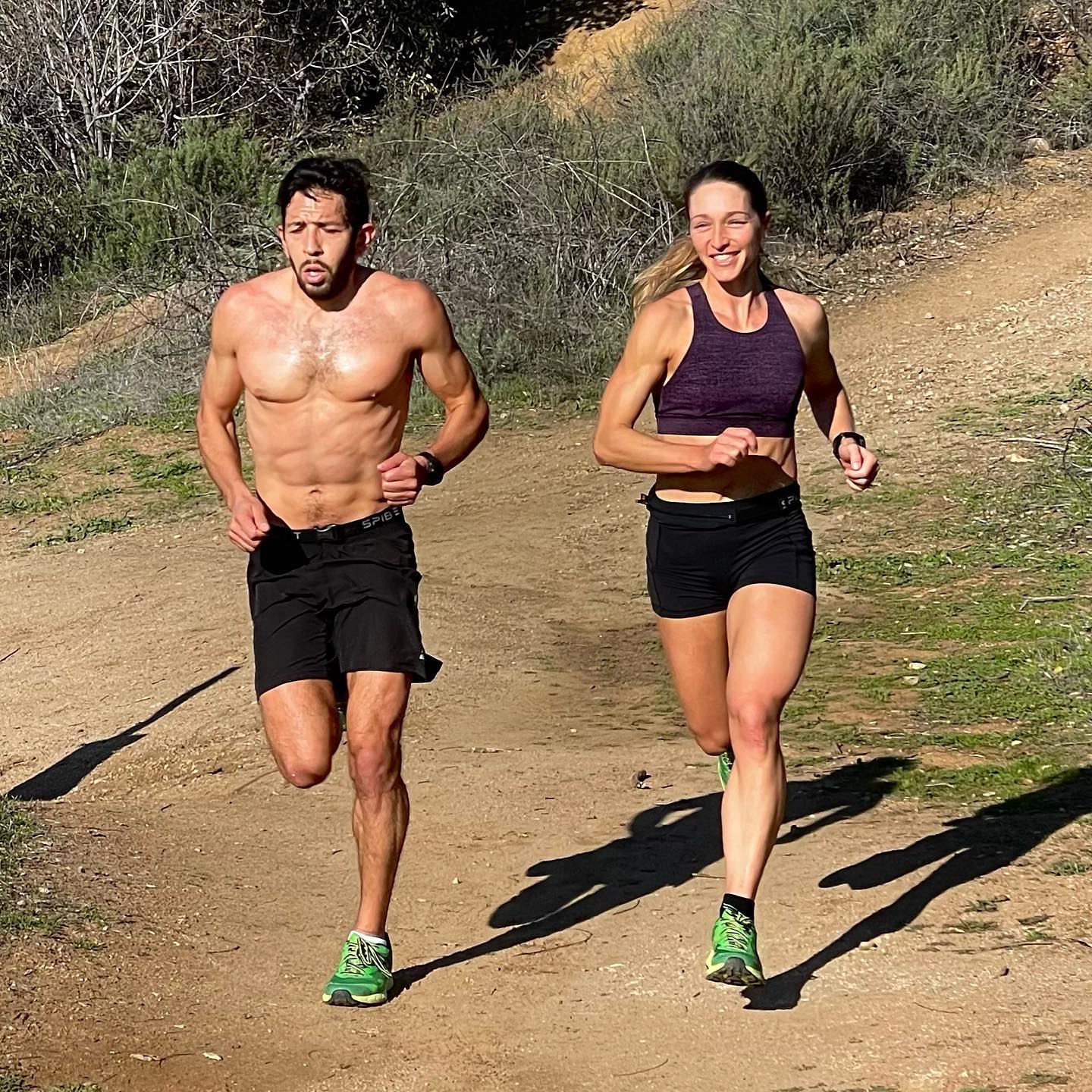I loved these boots. They are surprisingly warm and of course they have a great tread. I think they run about a half size smaller than other VJ shoes. Sadly my new puppy enjoyed chewing my boots rendering them unwearable. I will likely purcase another pair at some point.
Suitable for full winter conditions. Roomy toe box. Midsole stays soft and is bouncy in cold conditions. Waterproof upper keeps feet dry and warm. Studs provide great traction. Lace locking mechanism solid. Front sole rocker a bit too much creating unpleasant curve under big toes. Had to size up this shoe. 60 miles on shoes running in very cold and snowy conditions. Would buy again.
I’ve been really impressed with this shoe so far. The waterproof upper keeps your feet warm and dry in sloppy conditions and the PerFOAMance midsole is plush while maintaining control underfoot and doesn’t stiffen in the cold. The toe box is wider than the Maxx 2 but also seems to run a bit shorter, possibly due to the extra padding in the upper so it runs true to size especially if you’re wearing your winter socks! Shoe is comfy right out of the box and the grip is the standard VJ excellence. Really enjoying the shoe this winter!
My 4th pair of VJ trail shoes, the Ace is money well spent: incredible traction with the micro spikes, wide foot bed, warm and waterproof. Now my go-to shoe for winter trail running. Highly recommended for any mountain goat who loves snow.
These shoes are cushy and comfortable with the wider toe box compared to my other VJ shoes.


 caloric needs such as size, stature, energy consumption habits, efficiency in running economy, etc. Clearly, there is no one size fits all when it comes to how much and when to incorporate fueling- there is a component of getting to know your own body and knowing how and when to listen to it during an event. That being said, what we’ve done for Mark and recommend you do, is put it in practice and gather feedback. For Mark, we planned several extended long runs with varied intervals of nutrition use.
caloric needs such as size, stature, energy consumption habits, efficiency in running economy, etc. Clearly, there is no one size fits all when it comes to how much and when to incorporate fueling- there is a component of getting to know your own body and knowing how and when to listen to it during an event. That being said, what we’ve done for Mark and recommend you do, is put it in practice and gather feedback. For Mark, we planned several extended long runs with varied intervals of nutrition use. equipped to carry all of your nutrition needs. It is paramount to consider the fabric and fit of your gear to ensure you limit any occurrence of chafing.
equipped to carry all of your nutrition needs. It is paramount to consider the fabric and fit of your gear to ensure you limit any occurrence of chafing.

